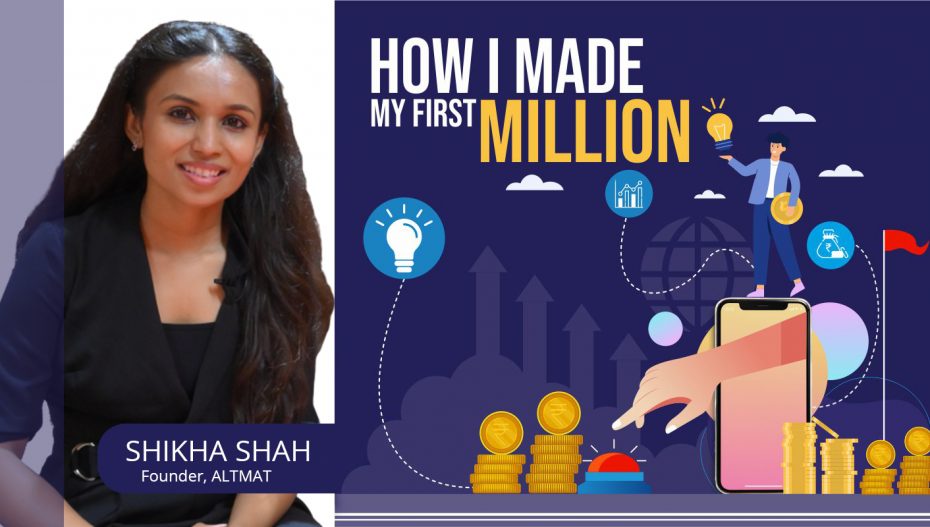Amdavadi Shikha Shah grew up watching her father convert automobile waste into metals. From a young age, she was inspired to create “value from waste.” Little wonder then, that at 22, she proposed her business venture to her father.
Four years on, Shikha today is a celebrated name who believes in conscious capitalism. Her novel idea weaves in the ever-changing fashion statement with sustainability. Confused? In her words: “I want to change the very fabric of the clothes we wear. AltMat converts agricultural wastes from certain crops into sustainable materials for industries like textiles and packaging.”
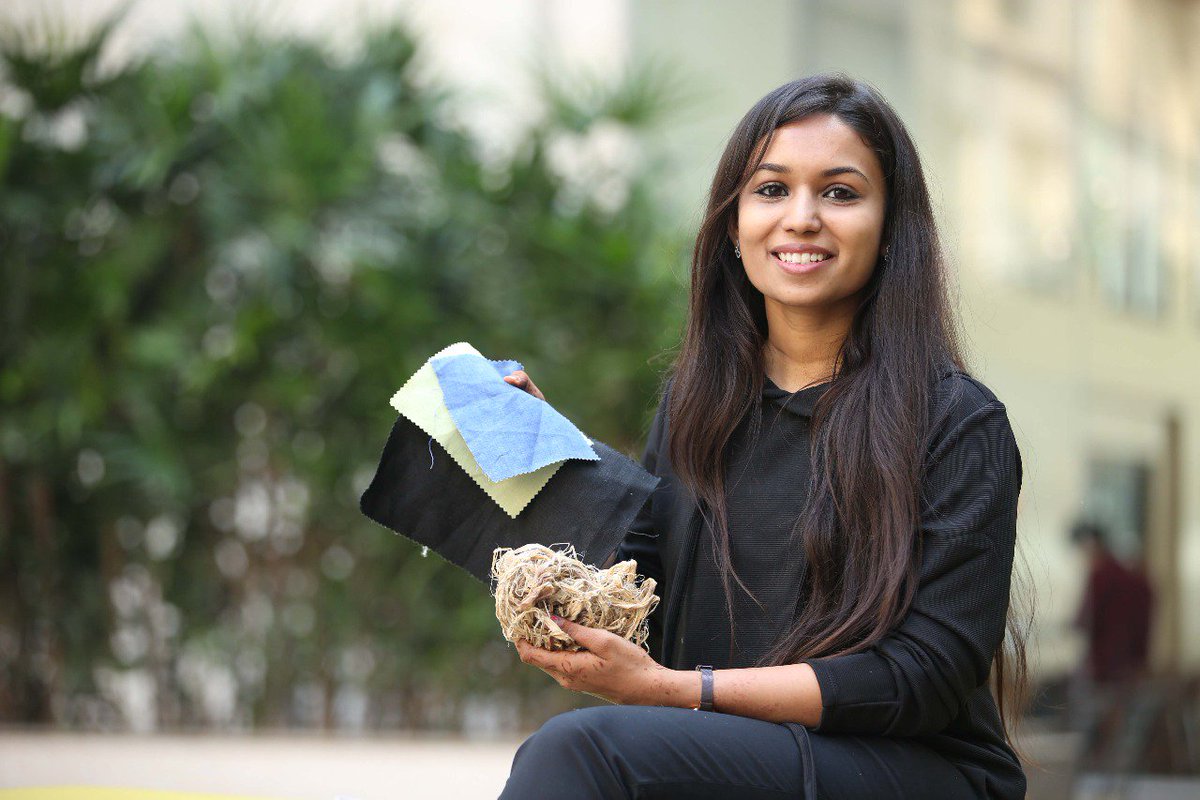
Her natural knack comes armed with a degree in Business and Entrepreneurship from Babson College, US. She has hands-on experience from working in the family business, start-ups in America, Europe and India and in NGOs. However, her aspirations took shape only when she started her own venture.
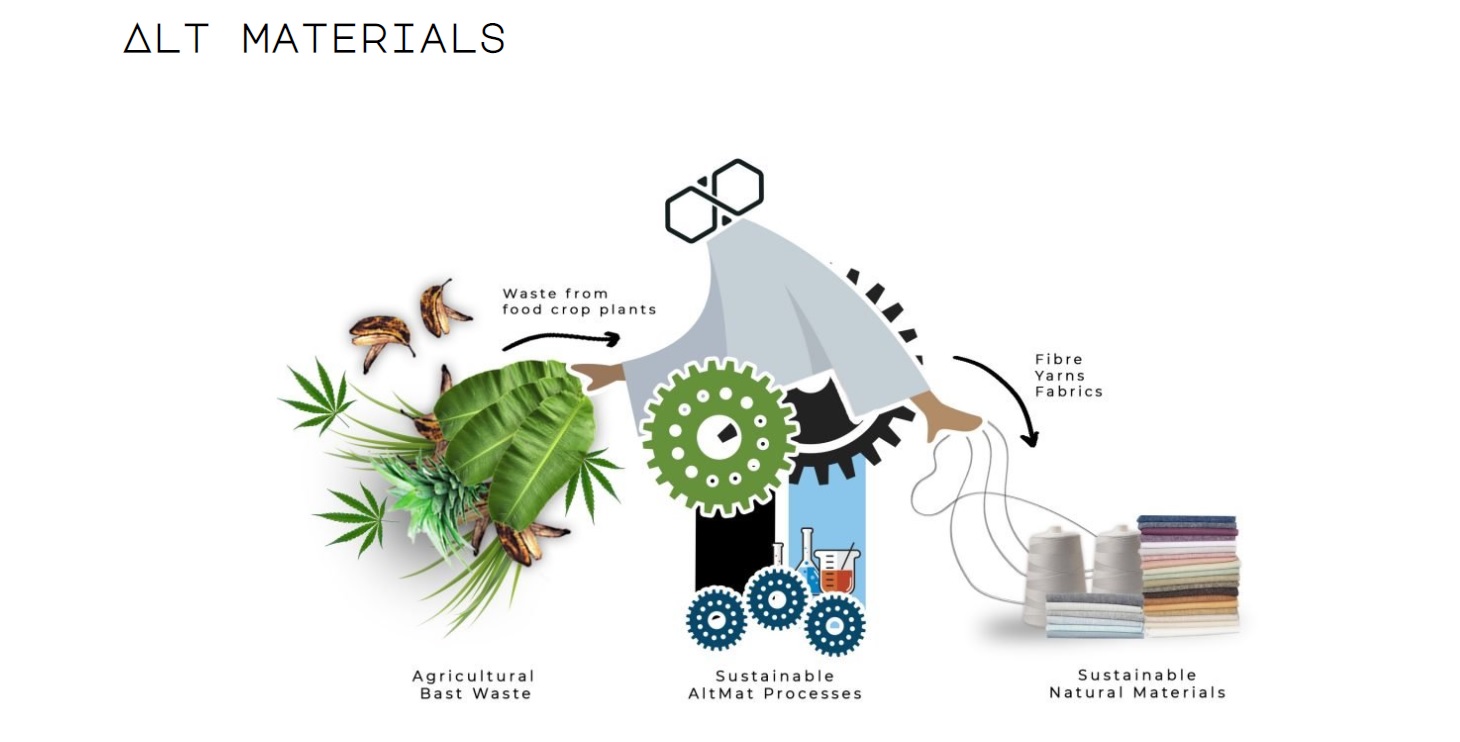
“I have a business background but I set up a science laboratory. We are 12 members on-board and all share a similar goal. At AltMat, we are constantly working on natural biomaterials from agricultural wastes and biomass of food plants. It solves the dual problem of textile material pollution and agriculture waste,” she explains.
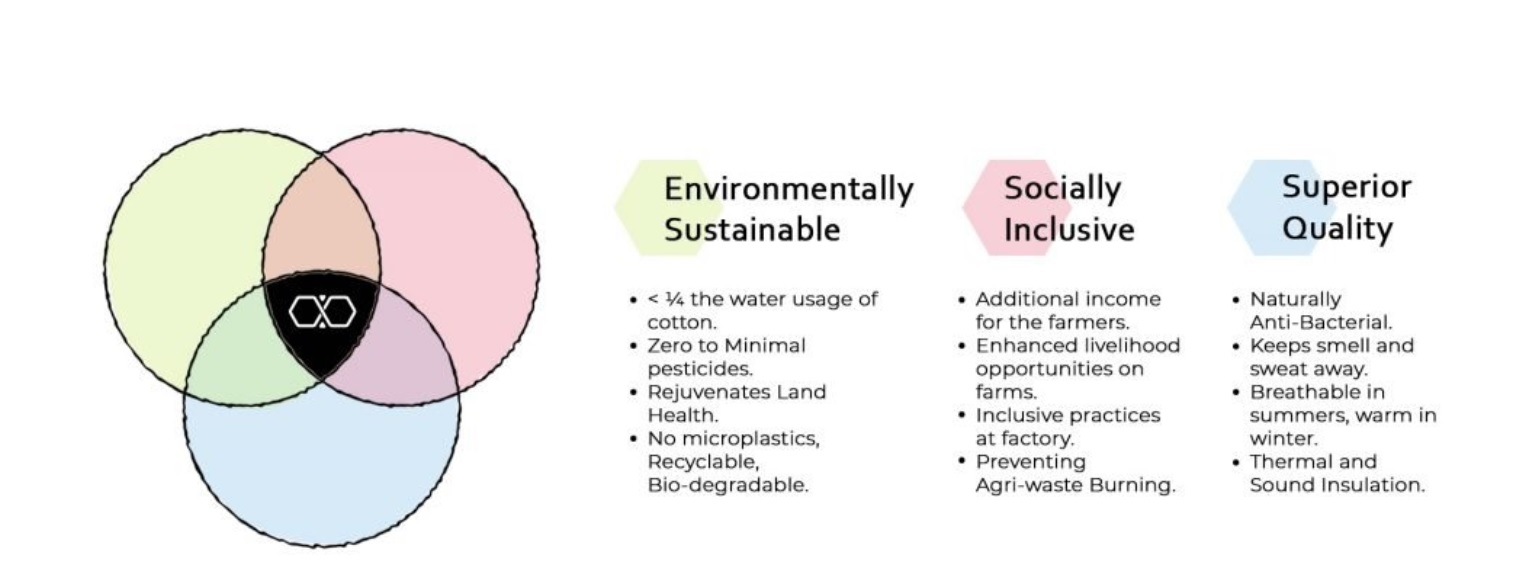
Among the initial products, is a material processed out of hemp seed oil and cannabis plants. It is credited to have saved millions of liters of water/ton of production as compared to cotton, have no issues of microplastics like polyester and have improved functional performances.
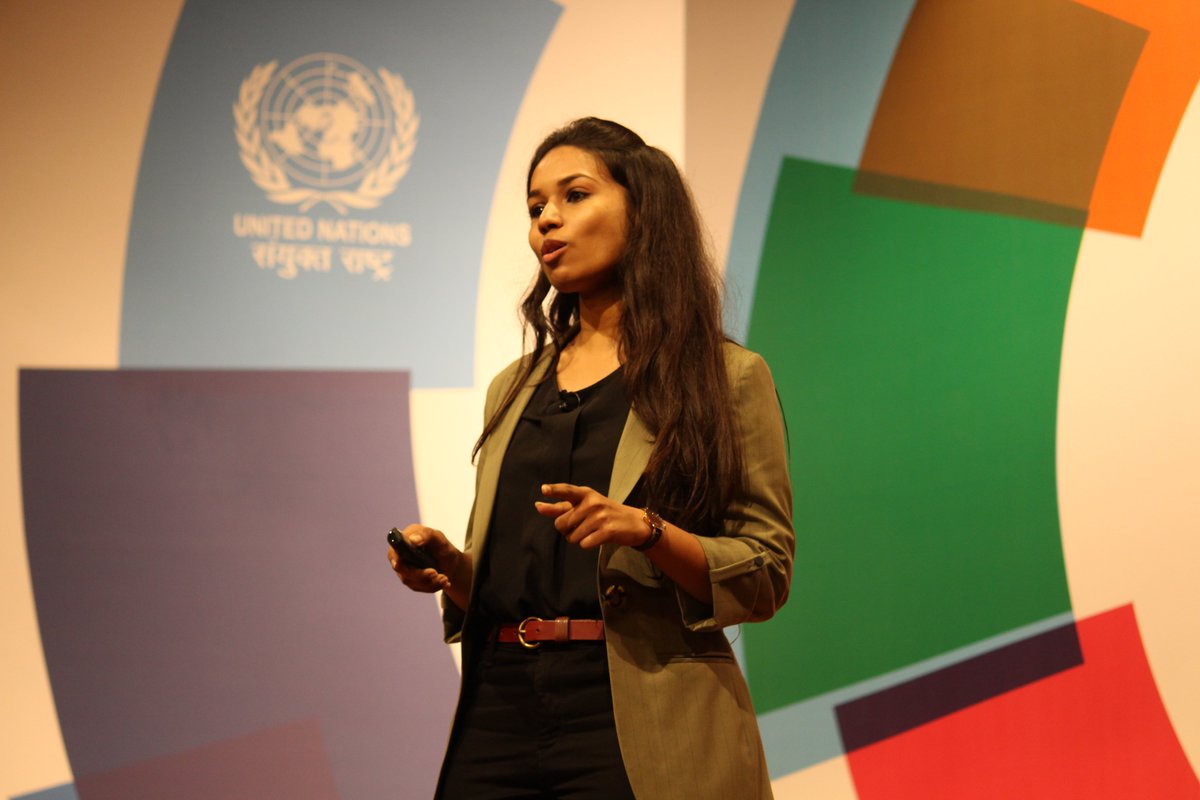
“I collaborate with farmers across the globe. I purchase agricultural waste from them and convert it into fabric at our Ahmedabad-based factory. Changing the fabric of our clothes is a slow process and my vision will take years to manifest on a large scale. My team is with me and we believe in patience. So, that works!” she adds.
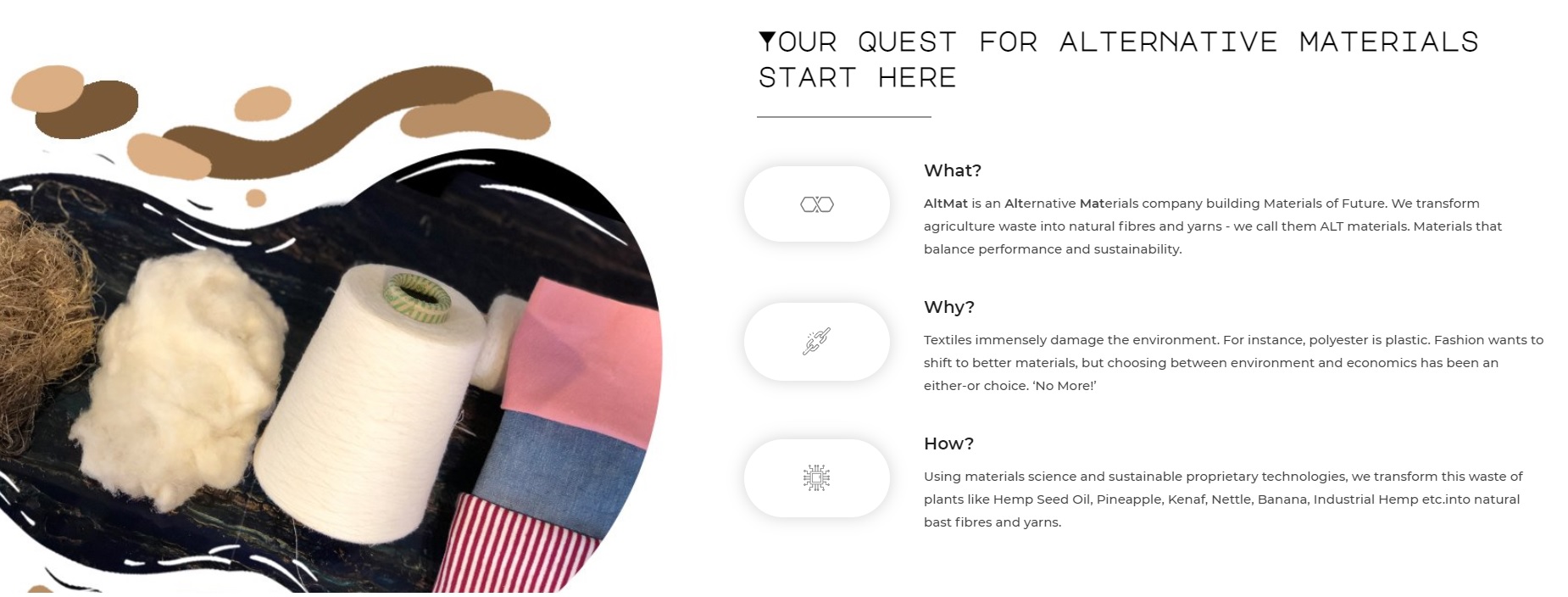
The company has successfully moved from lab to industrial-scale production and is supported by Fashion For Good Accelerator, Kering, Adidas, PVH and Bestseller. As of now, AltMat sells yarns of different counts and blends on a case-to-case basis. In the case of fibres for textiles, it deals in yarns. They have a close group of spinners and are keen on diversifying with interested partners.
Her father is truly a proud man today. “He was my first investor and remains the most difficult to have convinced,” she recalls on a signing out note.



